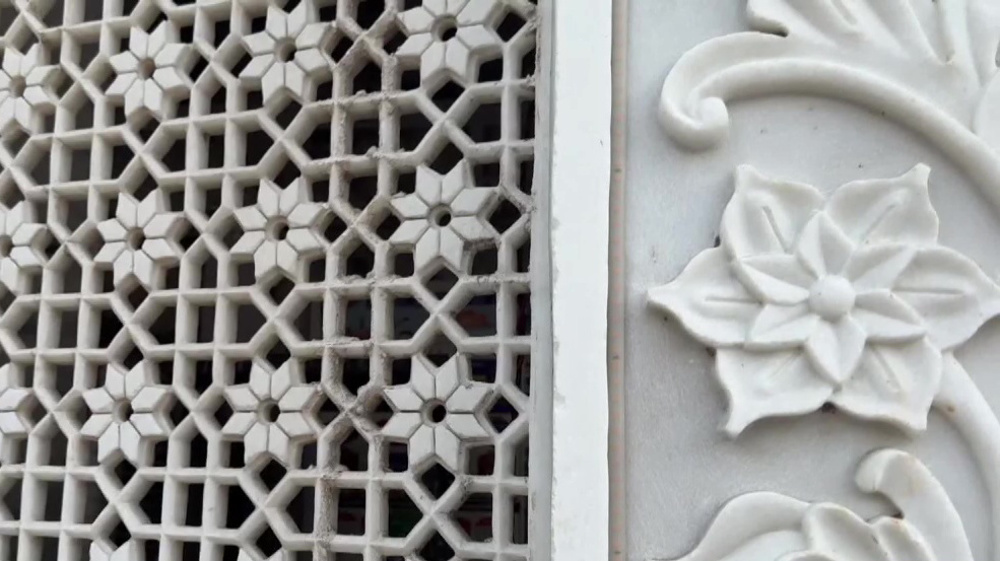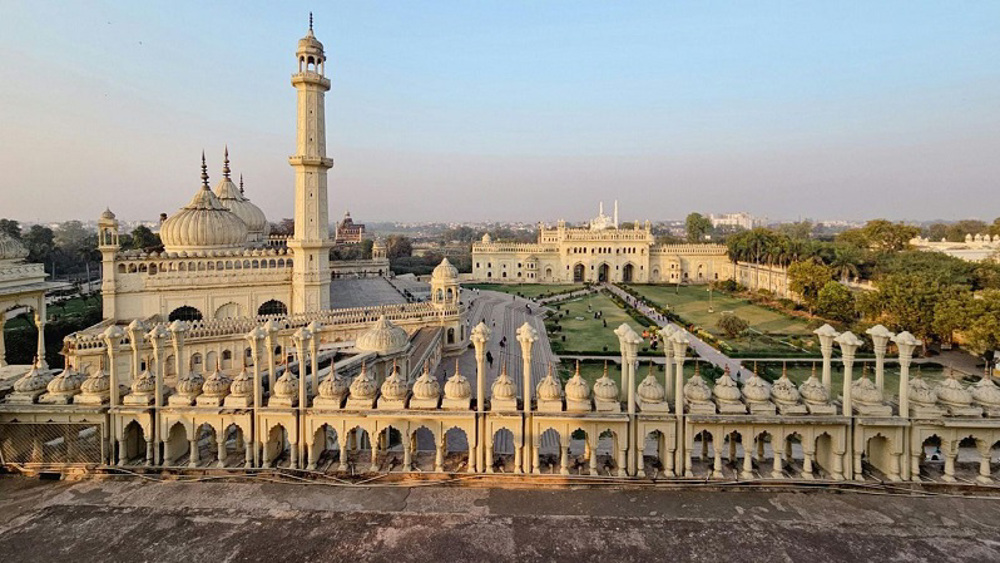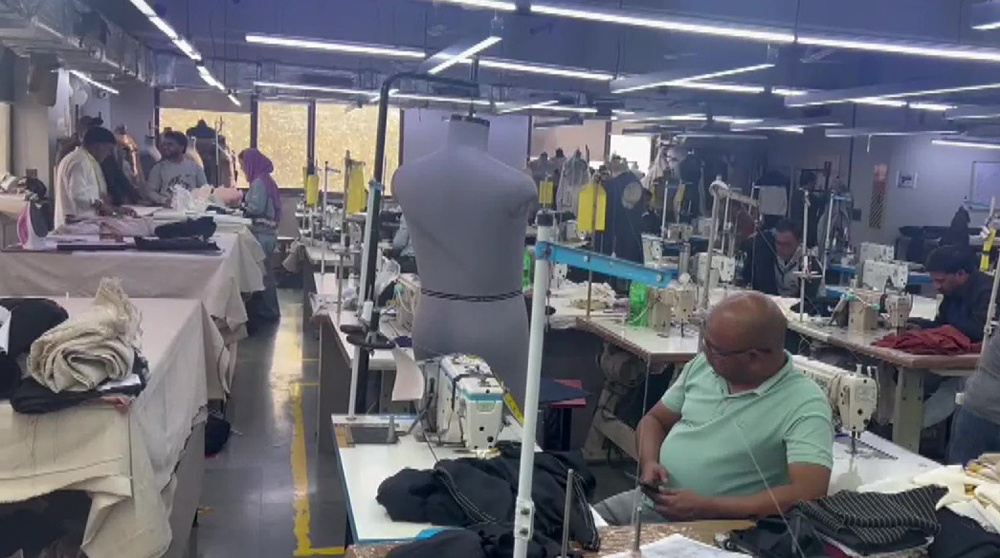India's top court upholds death sentences over brutal 2012 gang-rape
India's Supreme Court has upheld death sentences handed down to three men over the notorious 2012 gang-rape and murder of a young woman in New Delhi that sparked national protests.
"The review petition of all the three convicts has been rejected," A. P. Singh, a lawyer for the defendants, told reporters on Monday.
"Justice should be for everyone. Injustice has been meted out to them. The court has taken a decision against these kids (convicts) under political and media pressure," the lawyer noted.
But the defendants' lawyer said he would file a curative petition, the last legal challenge. If that fails, they could seek a pardon from the president.
Jyoti Singh, a medical student, was raped by a gang of five men and a teenager on a bus in December 2012.The six gang raped and tortured the woman with an iron bar as the bus drove loops through the Indian capital.
The 23-year-old woman was dumped on the streets with horrific internal injuries, and died 13 days later in a Singapore hospital.
Four men were convicted in September 2013 for murder, gang rape, theft, conspiracy and "unnatural acts" after a seven-month trial in a fast-track court.
Only three of them were involved in the appeal rejected on Monday.
A fifth man was found dead in jail in a suspected suicide, while a 17-year-old was sentenced to three years in a detention center and has since been released.
The victim's parents on Monday welcomed the ruling, with her mother Asha Singh saying it was "very happy news."
"It's a great message for the entire society. This verdict is meant for society, women and all of us," father Badrinath Singh said.
The brutality of the attack triggered angry demonstrations by tens of thousands of people in Delhi and nationwide.
The case also put the treatment of women in India in the global spotlight and led to heavier sentences for sex crimes.

Following the 2012 case and subsequent violent protests, there were demands to overhaul the laws on sexual assaults.
A panel entrusted with reviewing legislation rejected public appeals for the death penalty for rape but boosted the jail terms to 20 years. But the government then buckled under public pressure and approved capital punishment for repeat offenders.

According to the most recent official figures available, there were some 40,000 rapes reported in India in 2016.
But rights activists say this is just the tip of the iceberg as many victims are afraid to report the crimes due to threats by perpetrators. Thousands more go unreported because of a perceived stigma.
In the latest horrific sex assault in the country, five women working for a charity in remote eastern India were abducted and gang-raped at gunpoint.
In recent months, a string of sex attacks, mostly of children, have caused further outrage and protests.
This included the attack on an eight-year-old girl from a Muslim nomadic community in January. The girl from the northern Jammu region died after being kidnapped, drugged and gang raped by several men for days at a Hindu temple.
This led to the introduction of the death sentence for raping girls younger than 12.
VIDEO | Tehran sky shines for Imam Ali celebration
Maduro’s abduction: China says US cannot act as world’s ‘police’ or ‘judge’
VIDEO | Australians protest over US action in Venezuela
Cuba declares national mourning for 32 citizens killed in US raids on Venezuela
Iran: US must release kidnapped Venezuelan president
After US aggression against Venezuela, Mexico could be next: Report
Qalibaf: Protesters must be heard but foreign-linked agitators will be dealt with
VIDEO | German government refuses to condemn US aggression against Venezuela












 This makes it easy to access the Press TV website
This makes it easy to access the Press TV website